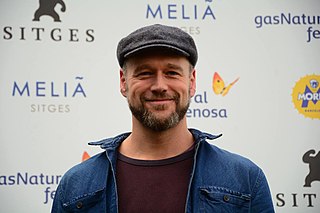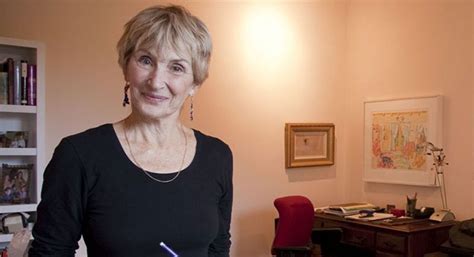A Quote by William James
We hear the words we have spoken, feel our own blow as we give it, or read in the bystander's eyes the success or failure of our conduct.
Related Quotes
When we can't hold back, or set boundaries, on what comes from our lips, our words are in charge-not us. But we are still responsible for those words. Our words do not come from somewhere outside of us, as if we were a ventriloquist's dummy. They are the product of our hearts. Our saying, "I didn't mean that," is probably better translated, "I didn't want you to know I thought that about you." We need to take responsibility for our words. "But I tell you that men will have to give account on the day of judgment for every careless word they have spoken" (Matt. 12:36).
By our attitude, we decide to read, or not to read. By our attitude, we decide to try or give up. By our attitude, we blame ourselves for our failure, or we blame others. Our attitude determines whether we tell the truth or lie, act or procrastinate, advance or recede, and by our own attitude we and we alone actually decide whether to succeed or fail.
The Yogic sages say that all the pain of a human life is caused by words, as is all the joy. We create words to define our experience and those words bring attendant emotions that jerk us around like dogs on a leash. We get seduced by our own mantras (I'm a failure I'm lonely I'm a failure I'm lonely) and we become monuments to them. To stop talking for a while, then, is to attempt to strip away the power of words, to stop choking ourselves with words, to liberate ourselves from our suffocating mantras.
Wherever we direct our view, we discover the melancholy proofs of our depravity; whether we look to ancient or modern times, to barbarous or civilized nations, to the conduct of the world around us, or to the monitor within the breast; whether we read, or hear, or act, or think, or feel, the same humiliating lesson is forced upon us.
We read to learn and to grow, to laugh, to be motivated, and to understand things we've never been exposed to. We read for strength to help us when we feel broken, discouraged or afraid. We read to find hope. We read because we're not just made up of skin and bones, and a deep need for chocolate, but we're also made up of words, words which describe our thoughts and what's hidden in our hearts.
To believe in God or in a guiding force because someone tells you to is the height of stupidity. We are given senses to receive our information within. With our own eyes we see, and with our own skin we feel. With our intelligence, it is intended that we understand. But each person must puzzle it out for himself or herself.
Through compassion it is possible to recognize that the craving for love that people feel resides also in our own hearts, that the cruelty the world knows all too well is also rooted in our own impulses. Through compassion we also sense our hope for forgiveness in our friends' eyes and our hatred in their bitter mouths. When they kill, we know that we could have done it; when they give life, we know that we can do the same. For a compassionate person nothing human is alien: no joy and no sorrow, no way of living and no way of dying.










































